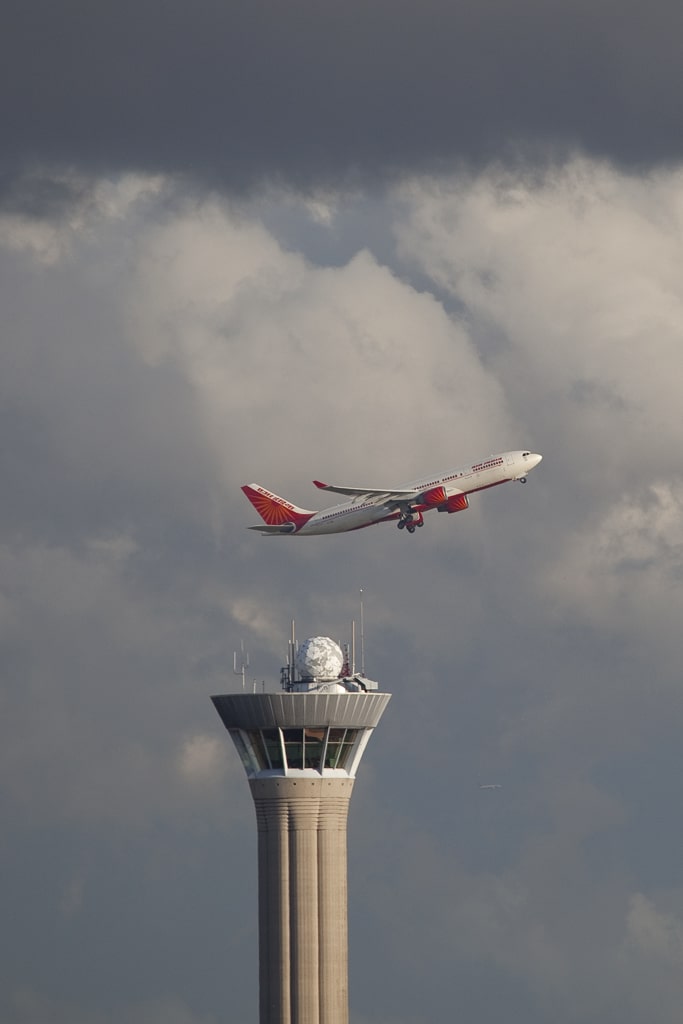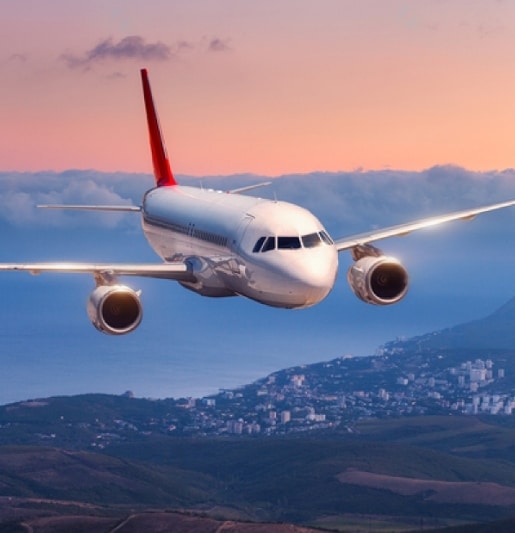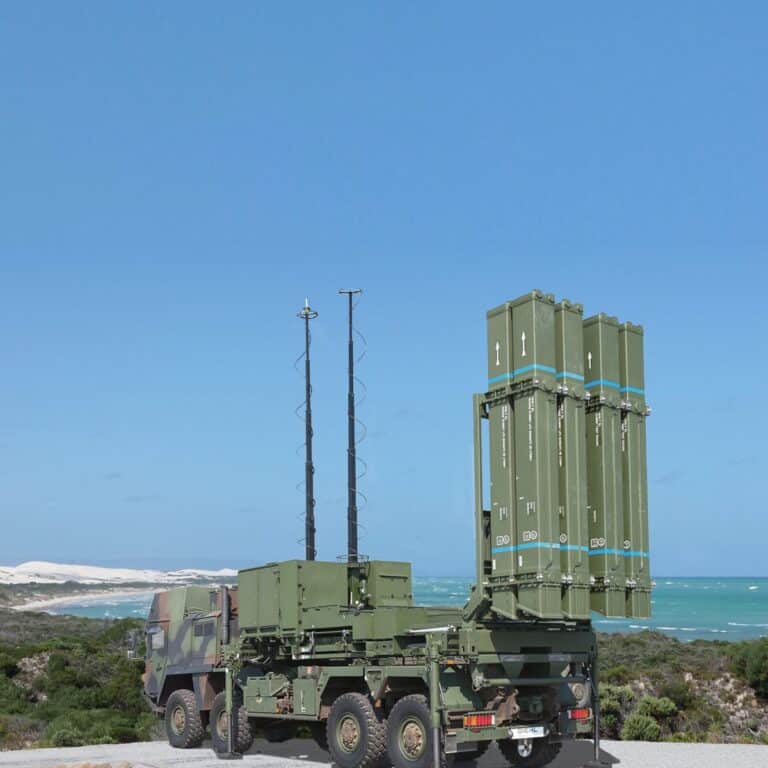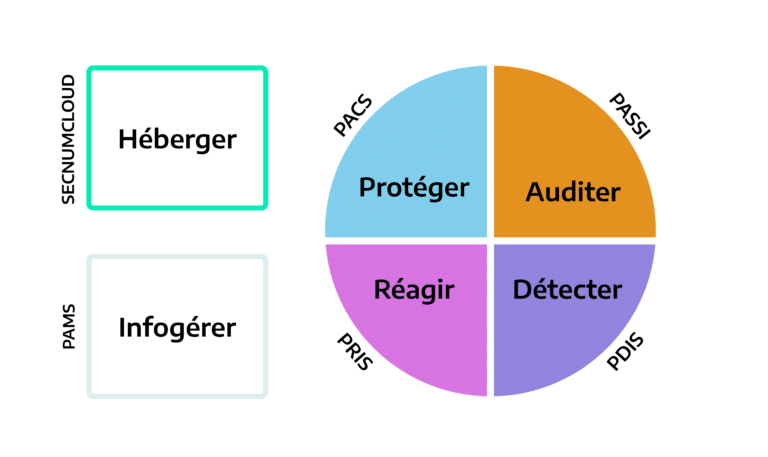Becoming an expert in aeronautical navigation is an exciting journey, full of opportunities for aviation and technology enthusiasts. This profession, as technical as it is strategic, requires not only in-depth scientific skills but also an understanding of the operational challenges of the aviation sector. Experts in aeronautical navigation are sought in many areas, ranging from air traffic management to flight control systems, ensuring flight safety. In the following lines, we will explore the main steps to train for this profession, as well as the key skills to acquire.
Table des matières
ToggleKey skills to become an expert in aeronautical navigation
To embark on a career in aeronautical navigation, it is crucial to master certain fundamental skills. These competencies are often developed through training in aeronautical navigation and practical field experiences.

Understanding navigation systems
Modern navigation systems, such as GPS and aeronautical navigation software, are at the heart of any aviation operation. An expert must be able to understand and utilize these technologies optimally.
- Master the functioning of geolocation systems.
- Be able to analyze the data provided by these systems to improve aviation operations.
Air traffic management skills
Another crucial aspect of the profession is the effective management of air traffic, especially in busy airports like those of Paris Airports. This requires:
- Ease in making quick and effective decisions.
- The ability to work under pressure in stressful situations.
Data analysis and cybersecurity
With the growing importance of data in aviation, a valuable skill is data analysis. This includes:
- Understanding how data on air traffic, weather, and other factors interact.
- Being aware of cybersecurity issues, especially regarding connected systems.
Steps to acquire training in aeronautical navigation
To become an expert in aeronautical navigation, following specialized training is imperative. Institutions such as the National School of Civil Aviation (ENAC) offer programs tailored to key careers in aeronautics.

Accessibility and admission
Admission to training programs such as IESSA requires passing through competitive examinations. Candidates should possess diplomas ranging from bac +2 to bac +5, and prepare for theoretical and practical exams. Furthermore, interested students can explore ways to succeed in external competitions, as mentioned on career guidance websites.
Alternating theory-practice
Beyond lectures, learning based on practical internships is essential. This involves:
- Working with high-technology equipment.
- Acquiring invaluable experience in operational environments.
Compensation and commitment
The training is compensated, which is an advantage for students. Future experts receive regular support and are committed, once graduated, to serve in the state public service for several years.
Career opportunities in aeronautical navigation
The world of aeronautical navigation offers a multitude of options not only as a pilot but also in technical roles such as aeronautical engineer. The sector is constantly evolving, integrating new technologies and methodologies.
Diverse career paths
Professionals in aeronautical navigation can work in various sectors:
- Airlines like Airbus, which hire experts to optimize systems.
- Government agencies responsible for ensuring air safety, for example, the DGAC.
- Private companies developing navigation systems or airport software.
International career
With globalization, job opportunities extend beyond national borders. Experts may be called to work internationally on projects requiring specific skills.
The importance of innovation in aeronautical navigation training
Aviation is a sector where innovation plays a key role in improving the safety and efficiency of flights. Schools like ENAC make it a point to integrate these innovations into their training.

Emerging technologies
The emergence of new technologies, such as artificial intelligence and drones, is transforming aeronautical navigation. Candidates must be trained in these tools to adapt to future challenges. Understanding how UAVs and automatic control systems work is increasingly required.
Simulation and practice
Flight simulators are becoming essential in learning technical skills. They allow future experts to train in realistic environments without the risks associated with actual flights.
Practice of cybersecurity
In addition to technical skills, understanding the importance of cybersecurity in managing aerial systems has become essential. Experts must be capable of protecting navigation systems against potential threats, thereby ensuring the safety of aviation operations.
Becoming an expert in aeronautical navigation is an exciting adventure. A journey similar to piloting a large aircraft – it requires precise technical skills, rigorous training, and a constant spirit of innovation. Much more than just a job, it is a career built on solid foundations, conducive to ambition and high professional aspirations.






















